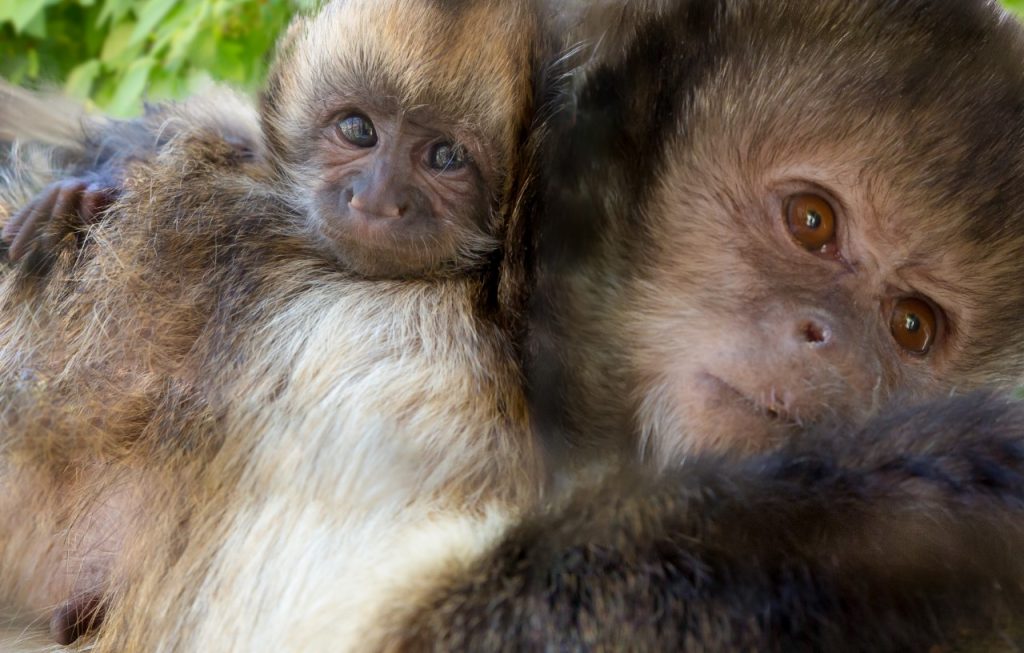Mammalian milk microbiomes: Associations with phylogeny and adult diet
Citation
Power ML, Bragg M, Pastel JC, and Muletz-Wolz CR. 2019. Mammalian milk microbiomes: Associations with phylogeny and adult diet. In Brooks M, Freel T, Koutsos E Eds. Proceedings of the Thirteenth Conference on Zoo and Wildlife Nutrition, Zoo and Wildlife Nutrition Foundation and AZA Nutrition Advisory Group, Saint Louis, MO.
Abstract
Lactation, the production of milk for offspring, is a fundamental adaptation of the mammalian lineage. Lactation is a unique maternal signaling mechanism by which mothers can affect the development of their offspring. In the ancestral mammalian lineage, milk was the earliest mechanism by which mothers interacted biochemically with their offspring, predating the placenta by more than 100 million years (Power & Schulkin, 2013). Although the nutritional importance of milk is well established, milk provides more than food for infants. It provides immune factors, growth factors, hormones, and other bioactive factors that serve to regulate and guide infant growth and development. Vertically transmitted microorganisms in mother’s milk is another potential guiding mechanism.
 47_Power.pdf 45 KB
47_Power.pdf 45 KB








